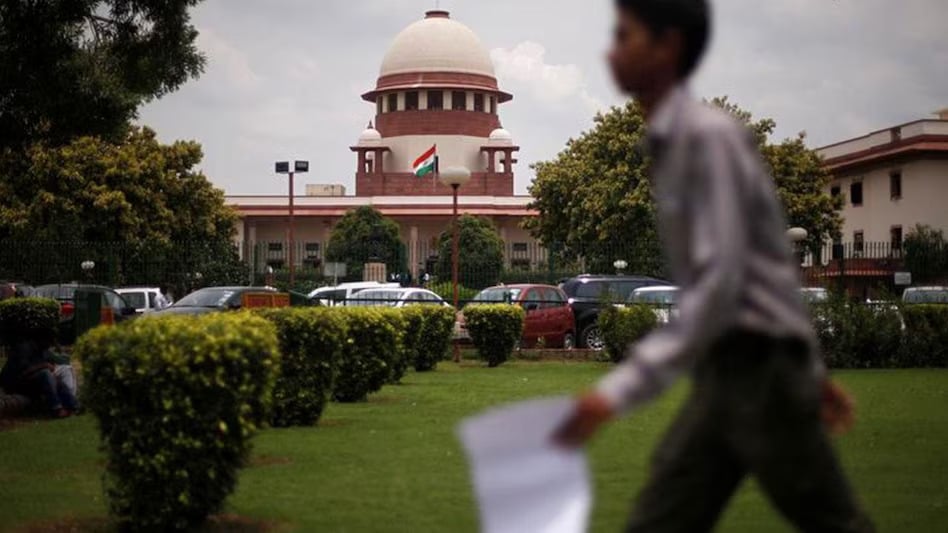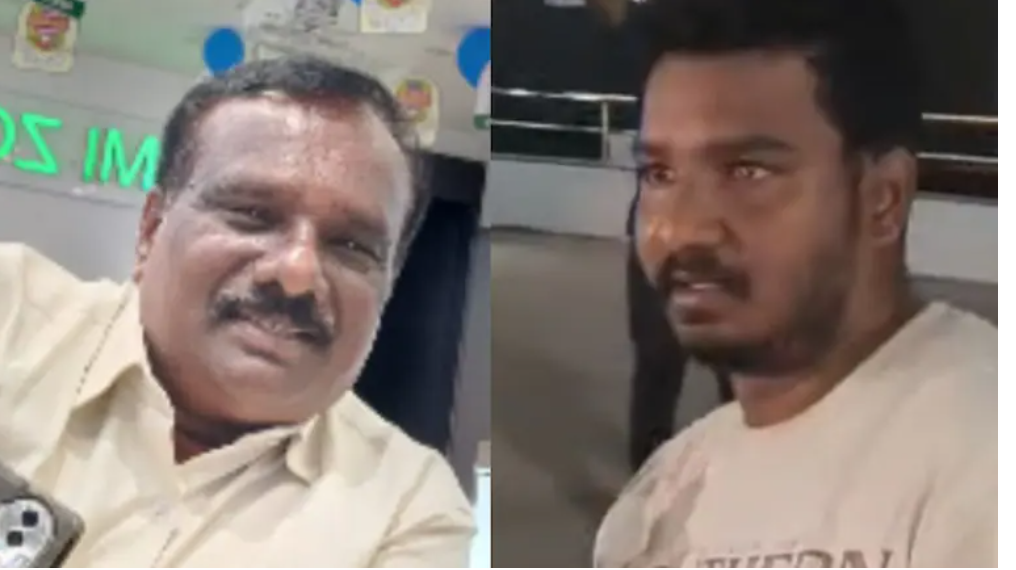Citing the need to maintain “full transparency”, the Supreme Court, Friday, turned down a sealed cover suggestion from the Centre on a proposed panel of experts to strengthen regulatory measures for the stock market in the wake of the recent rout in the shares of the Adani Group.
A bench comprising Chief Justice D Y Chandrachud and Justices P S Narasimha and J B Pardiwala, told the Centre that it will not accept the sealed cover suggestion because the apex court wants to maintain full transparency in the interest of the investors.
Taking into account the Adani Group share crisis, the Supreme Court had on February 10, said the interests of investors in the country need to be protected against market volatility while also directing the Centre to consider setting up panel of domain experts headed by a former judge to look into strengthening the regulatory measures.
Adani Group has endured over $120 billion in market losses- nearly half of the conglomerate’s estimated value—since the damning report released by US short-seller Hindenburg Research last month.
Hindenburg Research published a report last month, accusing the Adani Group of indulging in improper use of offshore tax havens and stock manipulation while also raising concerns about high debt and the valuations of seven listed Adani companies.
Read Also: UK journalist’s reaction visiting Tamil Nadu for first time goes viral | WATCH
The group has denied the allegations, saying the short-seller’s narrative of stock manipulation has “no basis” and stems from an ignorance of Indian law, adding that it has always made the necessary regulatory disclosures.
However, the short-seller hit back with a scathing response titled “Fraud cannot be obfuscated by nationalism or a bloated response that ignores every key allegation we raised,”.
Hindenburg Research accused the Adani Group of holding back India’s progress by draping itself in the Indian flag while systematically looting the nation.
On February 2, Thursday, the National Stock Exchange (NSE) put Adani Ports, Adani Enterprises, and Ambuja Cements under additional surveillance measure (ASM) framework, thus requiring 100 precent margin to trade in their shares.
The Adani Group, led by billionaire chairman Gautam Adani—who himself has faced a massive dip in personal fortune and dropped out of the Forbes top 10 rich list—cancelled its fully subscribed Rs 20,000 crore Follow-On Public Offering (FPO) and returned money to its investors.
The Adani crisis also put the Prime Minister in the firing zone as Opposition parties have levelled allegations of a nexus between Gautam Adani meteoric rise since Narendra Modi’s election to the nation’s top post in 2014. However, PM Modi hasn’t directly issued a response instead resorting to taking snide jibes at his political opponents without naming anyone.
Adani’s downfall will weaken PM Modi, spur democratic revival in India: George Soros
Madhya Pradesh court sentences fire department officer to 4 years in jail for submitting fake engineering degree























